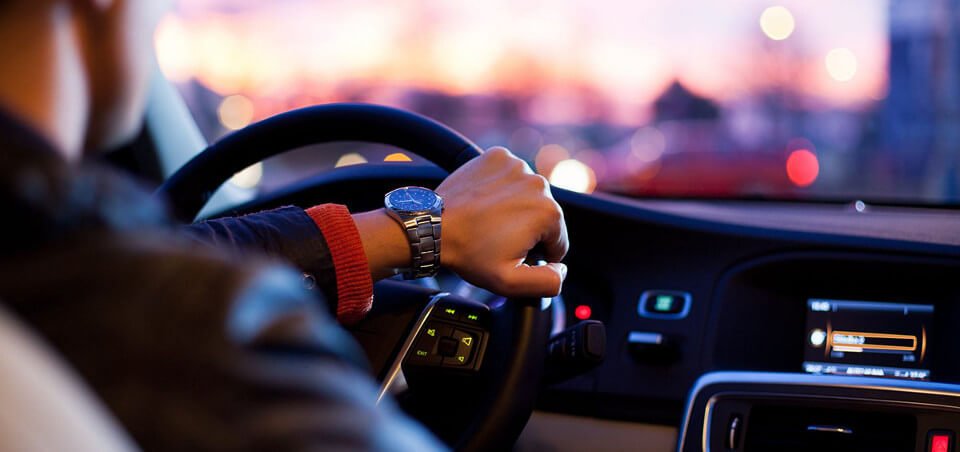Determine Your Destination
Choose to drive for the future today. Share this page across your social media platforms with #drivingforthefuture and encourage your friends and family members to adopt smart driving habits as well. No matter what your destination, we wish you a safe journey.

"A responsible driver respects themselves, their vehicle, their passengers, and other road users. It has to change from being a ‘me – me’ attitude. Following rules, being safe, and taking your time while on the road will get you to your destinations safely. It will also help other road users reach their destinations safely. Driving is a journey, not a race. Take the time to enjoy it—safely.”
From our partner Driving In The Real World
How much time do you spend thinking about your life’s destination? If you’re anything like most people, then you probably think about your future often: educational plans, career goals, family, friends, finances… The list goes on and on. And it should, because your future is important. You’ve got to be driven to succeed—but are you driving to succeed?
Whether you are a teen driver or have been driving for years, your conduct behind the wheel matters. Driving for the Future is the mentality that how we drive impacts our future. After all, car crashes cut many people’s futures short every day. For many others, their futures are irrevocably altered by tragedies that could have been prevented. By changing our fundamental approach to driving, we can decrease crashes and save lives.
The goal of Driving for the Future is to help people arrive at their destination—in regards to driving and life in general. It is founded on the principles of responsibility, focus, prioritization, safety, mindfulness, and enjoying the ride. The application of these precepts results in smarter, safer drivers that are fully focused on the present for the sake of the future.
Better Driving, Better Living
While at first glance it may seem that driving and other areas of life aren’t closely related, this isn’t the case. Like most habits, our driving ones stay with us and influence our lives in more ways than we are conscious of. In other words, the skills that make us better at driving can also make us better at life.
- Looking Up Far Ahead: In driving, this helps you catch hazards, assess risk, and adjust for unexpected situations. In life, this helps you do much the same.
- Learning To Let Go. If a driver cuts you off, it is easy to get worked up and potentially retaliate, even though this won’t accomplish anything. Learning to relax and let go of things out of your control isn’t only the sensible thing to do, it’s also the safe thing to do—whether in the driver seat or life in general.
- Give Yourself Room—Literally: Maintaining a safe distance from other automobiles lowers your chances of a collision. Similarly, giving yourself this same “safety cushion” in life with your time, energy, and resources prevents you from crashing.
- Be Courteous To Others: Whether on or off the road, showing courtesy, cooperation, and respect improves the experiences of everyone involved.
- Empower Yourself: While you can’t control how other people drive, you can determine your response. Do your best not to put yourself in bad situations, stay aware, and respond responsibly. The bad news is there will always be bad drivers on the roads and bad situations in life; the good news is you will always have the power to choose how you respond.
- Improve For The Future, Don’t Obsess About The Past: If you get a ticket or make a driving error, don’t dwell on it forever. Instead, readjust your behavior and commit yourself to doing better from that point forward. In driving and in life, people make mistakes. The important thing is that you don’t stay stuck in them.
(For more on this topic, please visit our partner Driving In The Real World.)
For more information and resources, please visit:
